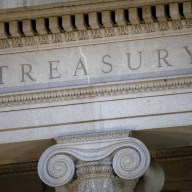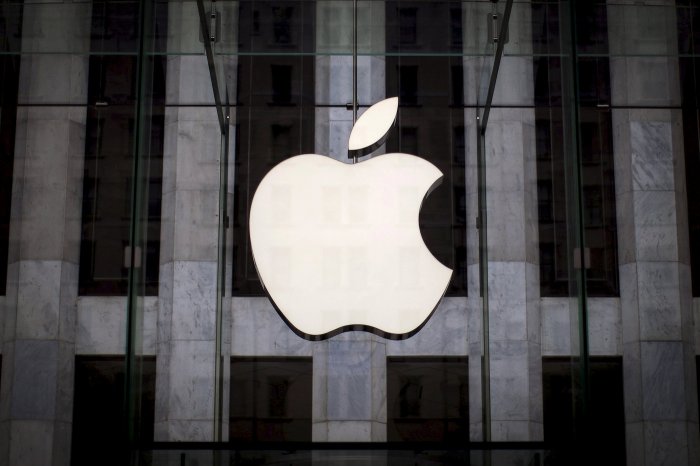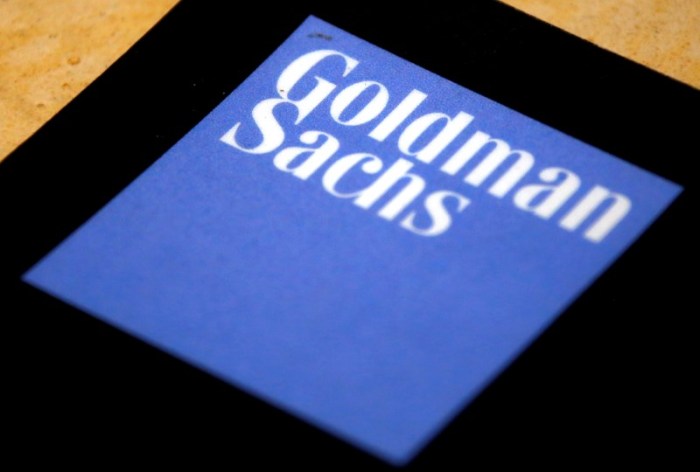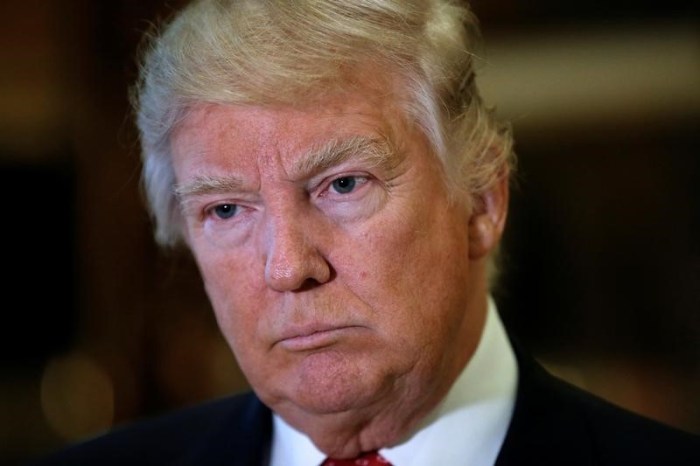By Tim Hepher
PARIS (Reuters) – Airbus Group Europe’s largest aerospace company said late on Sunday it had been notified that the UK’s Serious Fraud Office had opened a formal criminal probe after being alerted by the country’s export credit agency to discrepancies relating to the disclosure of the work of local agents. The probe raises a sensitive issue for the industry because the agency, UK Export Finance, has for years locked horns with aerospace firms about the need for more transparency, even though it does not object outright to the use of intermediaries. Airbus Group said the SFO was looking into possible “fraud, bribery and corruption” and that the company continued to co-operate with the investigating agency, having itself tipped off UKEF about internal findings under a recent compliance drive. “It will take years,” a person familiar with the matter said of the SFO investigation, adding it was too early to predict any outcome or consequences.
Airbus Group is already the subject of a four-year-old SFO investigation into a $3.3 billion communications deal with Saudi Arabia, while the SFO is conducting a corruption probe into engine maker Rolls-Royce which it launched in 2013. The latest case involves discrepancies over the amount of agents’ fees disclosed in applications for export support, or missing names of third parties, in some cases dating back years, people familiar with the matter have said. In April, UKEF halted export funding pending a compliance review and was swiftly followed by France and Germany.
Since 2006, companies applying for export support in Britain have had to identify any intermediaries involved in sales negotiations and list the sums paid.
The rules followed a series of policy U-turns and a fierce debate between UKEF and aerospace companies including Airbus, which had lobbied against the tougher disclosure rules on the grounds that such data was commercially sensitive and that their own codes of conduct and due diligence methods were sufficient. Airbus Group shares fell as much as 1.8 percent on Monday, driven by concern over the probe. The longer-term impact may depend upon how widely the probe spreads and the level of managers who signed off on payments that can be worth millions of dollars, as well as the declarations to export agencies, analysts said. A spokesman declined to comment on any details of the investigation beyond Sunday’s brief statement.
FUNDING RACE
In a separate process, Airbus is meanwhile trying to restore export funding from UKEF under a revised compliance scheme.
The company said last month it had agreed a process for this and expected export credits to resume in the fourth quarter.
But several people familiar with the case say it has deeply soured relations between Airbus and export agencies, notably UKEF, and that much work remains to be done to restore trust.
Analysts say the operational impact of this funding gap is limited for now as there is little demand for export credit amid plentiful commercial liquidity. Just 5 percent of Airbus deliveries depended on such support last year. One person familiar with the case told Reuters the onus was on Airbus to prove it had a robust system for preventing abuse.
One move being floated to win back confidence is a blanket voluntary ban within Airbus on the use of percentage commissions to third-party sales agents and more careful vetting of any other form of payment, people familiar with the matter said. The move is designed to allay concerns that payments in countries where it is common to have local representatives, which include parts of Asia and the Middle East, could be seen as a potential vehicle for bribery. But it could provide a headache for a company which has openly stated to UK authorities in the past that it relies on a long-established network of representatives to remain competitive, while some will argue that sales commissions are normal across many industries. It could also test often uneasy relations between Airbus and its parent group, whose boss Tom Enders launched the vigorous – some say abrasive – compliance drive under a new legal head. Currently, the playing field with Boeing is level as the corresponding system in the United States is also frozen due to political deadlock which has left the U.S. Export Import (EXIM) Bank without a fully functioning board. But with some U.S. officials predicting EXIM could resume funding for Boeing around the turn of the year, Airbus risks being disadvantaged in some key markets unless it achieves its target of regaining access to European credits by year-end. Although export credits technically only kick in when planes are delivered, aviation market sources say uncertainty over the future supply of credits can hinder efforts to win new orders.
French brokerage Kepler Cheuvreux said export credits could be useful for finalizing a key order from Iran, which has been held up for regulatory reasons and due to funding uncertainties.
But at this stage, the agents affair is likely to have an impact on Airbus’s reputation rather than business, it said.
Anti-corruption group Transparency International said the probe highlighted the need for openness on the use of agents.
(Additional reporting by Cyril Altmeyer, Gus Trompiz; editing by Keith Weir and Tom Pfeiffer)
















